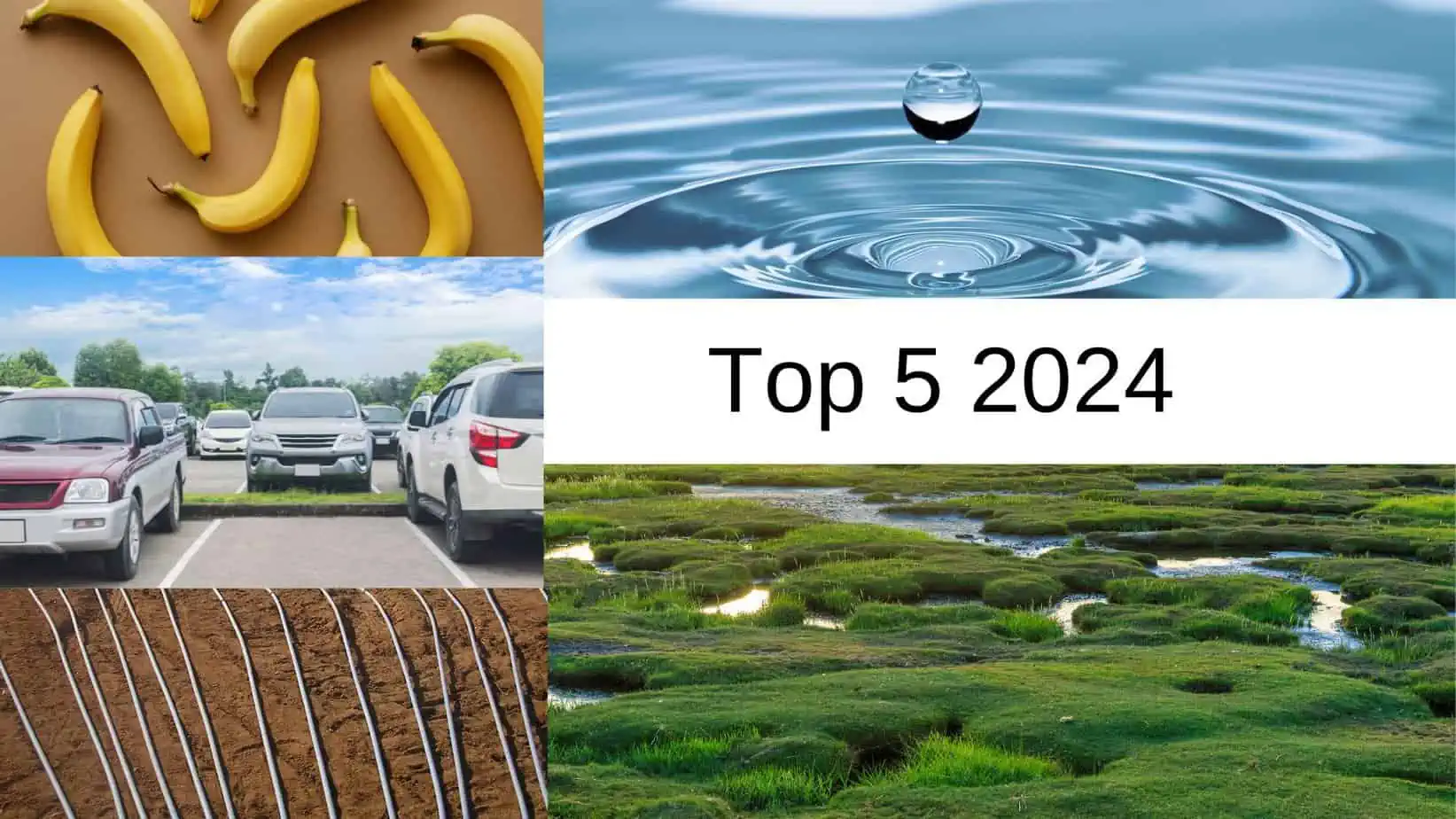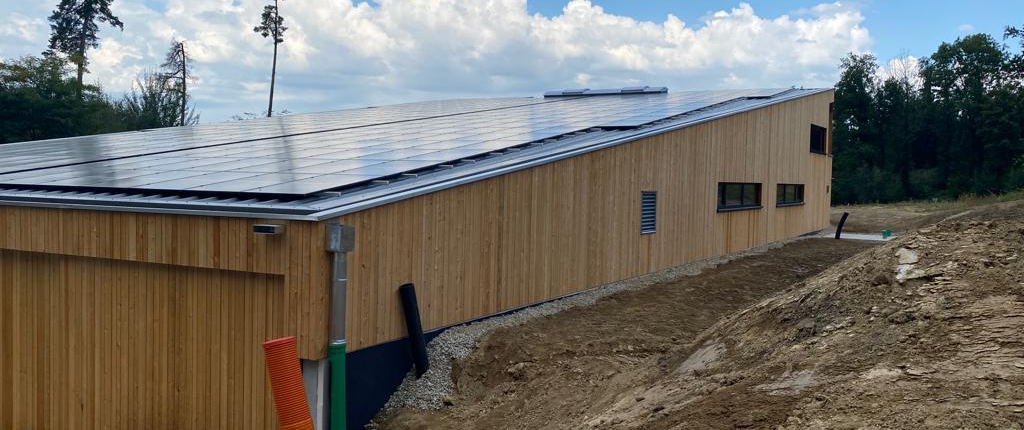Top 5: These topics will shape 2024
A great summer party for all members or two new irrigation pumps? Ten new park benches or perhaps a feasibility study on the subject of energy? Doubling the budget for the men’s team or an elaborate waste and recycling project? Each golf course is setting the tone with its investments this year. It’s about member satisfaction, sporting ambitions, image, profitability and sometimes even sustainability. Decisions and investments are pending.
One thing is certain: the following five topics will have a significant impact on the golf scene in 2024:
Water
The official water permits will become an issue for many golf courses in 2024 that they will have to give their full attention to. In many countries, water permits are regulated regionally or even locally, which is why it is essential for club managers to check the valid water permits. Please note: In the event of so-called emergency regulations or extreme situations, valid water law permits are often invalid.
Energy
Energy was the dominant topic at COP28. The concluding text called on the participating countries to move away from fossil fuels towards other systems and to accelerate the process of achieving net zero CO₂ emissions by 2050. Agreement was also reached on tripling renewable energy capacities and doubling improvements in energy efficiency.
In view of these statements, which also affect every member of society within individual countries, golf courses also have to deal with the possible conversion of their energy supply for clubhouses and training facilities as well as the conversion of their greenkeeping vehicle fleet. Associations should discuss funding opportunities and support for clubs, as this changeover involves major investment.
Mobility
The issue of more sustainable mobility or transportation – also a major topic at COP 28 – is rarely discussed publicly in the golf scene, but is in fact a major problem. This applies to a very large extent to professional golf with the quite common use of private aircraft, the generally high travel activity of professional athletes by plane, the transportation of goods at tournament events, spectator travel and, ultimately, any transportation and travel to any golf course. In view of the fact that golf courses are very rarely located in city centers, for example, the mobility problem is significantly greater than for sports such as soccer or all indoor sports. In this case, the fact that the sport of golf is publicly addressing the issue to any great extent at all would already be progress.
Natural areas
In the first quarter of 2024, the Nature Restoration Law was confirmed by the EU Parliament and the Environment Council. The law contains requirements for the restoration of all ecosystems, such as moors, forests and floodplains, and is therefore also likely to influence approval processes for golf courses in the future.
Food
The R&A addressed the topic of food and CO₂ at the British Open 2023 for the first time at a major golf event by labelling dishes with a low CO₂ footprint. In general, the topic of food, from delivery to consumption by the golfer, plays a far greater role in the carbon footprint of events or golf clubs than many golfers assume. Here too, 2024 is primarily about an initial examination of the topic in order to raise golfers’ awareness of the relevance of the issue in the first place.
Conclusion:
All five topics require in-depth examination of the subject, ongoing information and the development of strategies. At the same time, they can very quickly have major financial consequences – especially in the water and energy sectors – if this debate is missed. These are working topics, no question, at first glance not very emotional and exciting, not always a plus on the member sentiment account. It is therefore important to strike the right balance between emotional well-being and necessary infrastructure issues.









